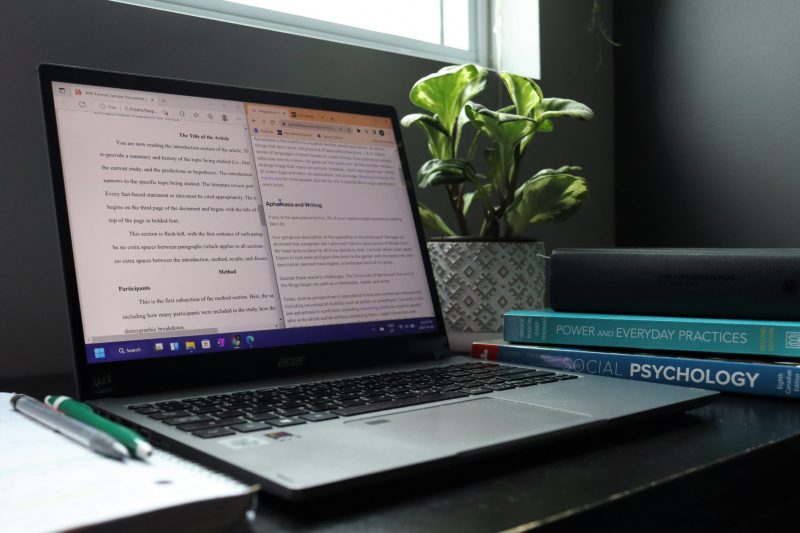A better school-life balance


Many of you have probably heard or made a New Year’s resolution about improving your school-life balance. While it may seem easy to some, a school-life balance is difficult to achieve because it requires more than just time management. It also requires the ability to prioritize correctly and act in your own best interest, constructively and appropriately of course.
These habits are often difficult to develop because they force you to make tough choices. Popular tips such as making a schedule, setting timers, exercising daily and getting eight hours of sleep every night can be effective. That being said, I found that these are easier to maintain after developing the habits of prioritization and constructive self-interest.
I believe that prioritization is one of the core foundations of a balanced life because it allows you to critically think about what is most important in your life at a given moment. To be able to balance school, friends, family and a job, you must decide what is most important to do in that moment. It is necessary to recognize that sometimes, your studies are the most important, while at other times, your social life or job are the most important.
Of course, determining which aspect of your life you should be working on at that moment takes practice. Here are some questions that I ask myself when deciding between two tasks: Will I regret switching from X to Y in the future? – Does X have more of an impact on the people around me than Y? – Is it better for my physical and mental health to continue with X or should I switch to Y?
That last question connects to the idea of constructive self-interest. I believe that the ability to put yourself first and make difficult choices is necessary for a school-life balance because it allows you to put up boundaries with the people around you and helps you prioritize.
First, you need to be able to say no to your friends and family if coursework or your job are more important in that moment. Especially for those with people-pleasing tendencies, this can be a difficult thing to learn. However, doing so is a crucial psychological stepping-stone towards improving your school-life balance.
As someone with people-pleasing tendencies, I found it difficult to say no to the people in my life. What helped me learn was knowing that the people in my life who really care about my well-being are going to understand my decision to prioritize something else in the short-term.
The other reason why constructive self-interest is necessary for a school-life balance is because you need to recognize what is best for your life as a whole and not just your short-term happiness. You need to learn to recognize when it is better to work on something you do not enjoy but must complete instead of something that will give you a short-term emotional high but make you worse off long-term. Of course, recognizing when your physical and mental health are more important than your coursework is just as necessary to avoid burnout and keep yourself motivated for the whole term.
I find that I best achieve this when I consider my future self while making decisions. For example, I know that I will be better off in the future if I finish an upcoming assignment instead of playing video games or going to a party with my friends. However, after a busy week, I know that I will be better off in the future if I spend a couple hours doing something I enjoy instead of burning myself out with more coursework.
To help yourself practice thinking about the impact of your present actions on your future self, begin by asking questions about what future you will wish you had done differently today. Will they wish you spent more/less time studying? More/less time with your friends and family? Or more/less time improving your resume with work experience and extracurriculars?
No matter what the answers to these questions are, they provide a good indication of where to start. Then, you can prioritize those areas and practice acting in a way that allows you to focus on them. This, in turn, will help you improve your school-life balance and maintain it long-term.


